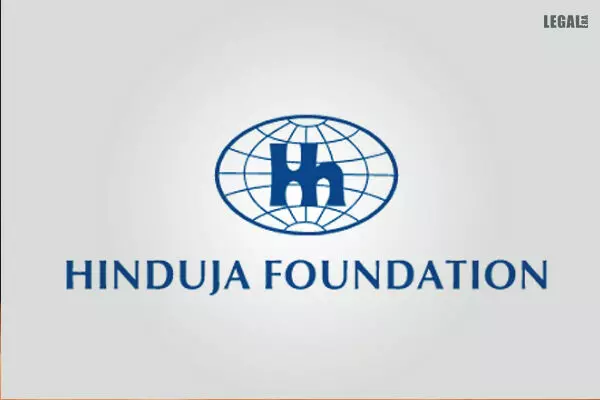- Home
- News
- Articles+
- Aerospace
- AI
- Agriculture
- Alternate Dispute Resolution
- Arbitration & Mediation
- Banking and Finance
- Bankruptcy
- Book Review
- Bribery & Corruption
- Commercial Litigation
- Competition Law
- Conference Reports
- Consumer Products
- Contract
- Corporate Governance
- Corporate Law
- Covid-19
- Cryptocurrency
- Cybersecurity
- Data Protection
- Defence
- Digital Economy
- E-commerce
- Employment Law
- Energy and Natural Resources
- Entertainment and Sports Law
- Environmental Law
- ESG
- FDI
- Food and Beverage
- Gaming
- Health Care
- IBC Diaries
- In Focus
- Inclusion & Diversity
- Insurance Law
- Intellectual Property
- International Law
- IP & Tech Era
- Know the Law
- Labour Laws
- Law & Policy and Regulation
- Litigation
- Litigation Funding
- Manufacturing
- Mergers & Acquisitions
- NFTs
- Privacy
- Private Equity
- Project Finance
- Real Estate
- Risk and Compliance
- Student Corner
- Take On Board
- Tax
- Technology Media and Telecom
- Tributes
- Viewpoint
- Zoom In
- Law Firms
- In-House
- Rankings
- E-Magazine
- Legal Era TV
- Events
- News
- Articles
- Aerospace
- AI
- Agriculture
- Alternate Dispute Resolution
- Arbitration & Mediation
- Banking and Finance
- Bankruptcy
- Book Review
- Bribery & Corruption
- Commercial Litigation
- Competition Law
- Conference Reports
- Consumer Products
- Contract
- Corporate Governance
- Corporate Law
- Covid-19
- Cryptocurrency
- Cybersecurity
- Data Protection
- Defence
- Digital Economy
- E-commerce
- Employment Law
- Energy and Natural Resources
- Entertainment and Sports Law
- Environmental Law
- ESG
- FDI
- Food and Beverage
- Gaming
- Health Care
- IBC Diaries
- In Focus
- Inclusion & Diversity
- Insurance Law
- Intellectual Property
- International Law
- IP & Tech Era
- Know the Law
- Labour Laws
- Law & Policy and Regulation
- Litigation
- Litigation Funding
- Manufacturing
- Mergers & Acquisitions
- NFTs
- Privacy
- Private Equity
- Project Finance
- Real Estate
- Risk and Compliance
- Student Corner
- Take On Board
- Tax
- Technology Media and Telecom
- Tributes
- Viewpoint
- Zoom In
- Law Firms
- In-House
- Rankings
- E-Magazine
- Legal Era TV
- Events
Delhi High Court rejects PIL against Hinduja Group

Delhi High Court rejects PIL against Hinduja Group
A probe was sought into the 'fit and proper' status of the IndusInd Bank promoters
The Delhi High Court has directed the Reserve Bank of India (RBI) on a Public Interest Litigation (PIL) seeking to reconsider the decision to increase the stakes held by the Hinduja Group as the promoters of IndusInd Bank.
A division bench of Acting Chief Justice Vipin Sanghi and Justice Navin Chawla directed the RBI to examine the petition that highlighted the criminal antecedents of the promoters and sought a probe into its status.
The petition was filed by Advocate Mahek Maheshwari as an outcome of the recommendations made by RBI's Internal Working Group for raising the shareholding of promoters in private banks from 15 percent to 26 percent.
The bench had initially expressed its disinclination to interfere in the matter. It remarked, "This is a policy decision. You or we are not here to dictate them to do this or that. If what is alleged is true, why should they have even 15 percent?"
Thereafter, the petitioner cited instances of irregularity on the part of the promoters. It alleged that increasing their stakes would open gateways for fraud by siphoning off public money.
The counsel for RBI informed the court that the recommendation was not notified and the plea appeared to be motivated. The petitioner, however, highlighted that an interim arrangement was made to guide the stakeholders.
But the bench observed that it did not mean an increase in the Group's shareholding. Thus, it directed the RBI to examine the petition and communicate its decision to the petitioner.


